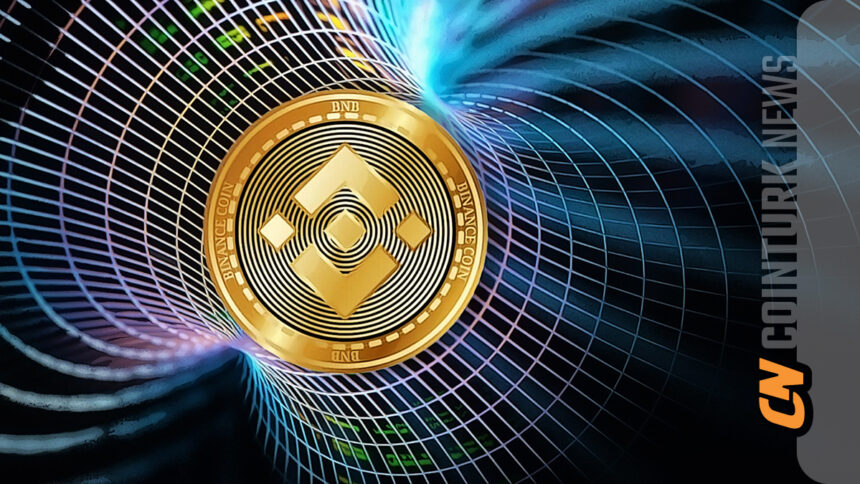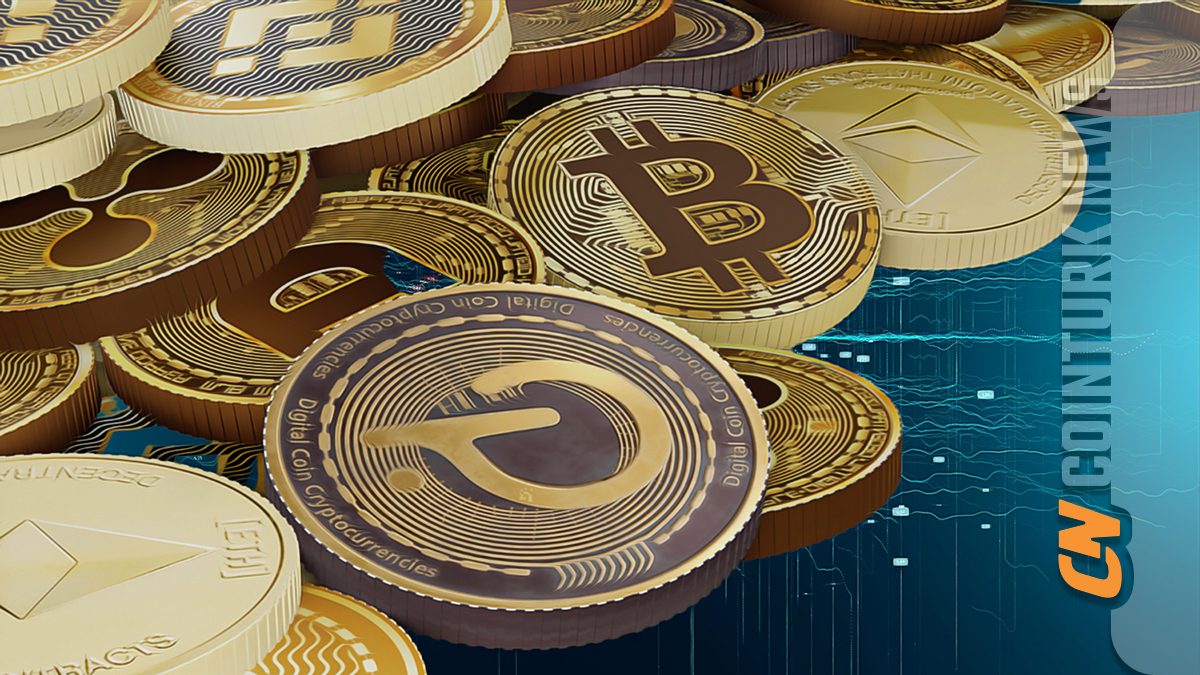The world-renowned cryptocurrency exchange Binance found itself at the center of controversy, accused of selling Gopax’s user deposits at a significant discount without creditor approval. According to a report by South Korean news outlet Hankyung, this secret sale potentially cost creditors tens of millions of dollars.
Binance’s Gopax Move
In 2022, Binance became the largest shareholder of Gopax by purchasing a significant stake. This move was part of a broader strategy to restore investor confidence after Gopax’s crypto custody service GOFi suffered significant losses due to the collapse of Genesis Global Capital.
The collapse left GOFi users with total losses of approximately 70 billion Korean won or 57 million dollars at the time. Binance committed to fully compensating these losses as part of the acquisition deal.
Binance’s Recovery Efforts
In its initial compensation efforts, Binance used the Industry Recovery Initiative system to cover the first payment round of 1.5 billion won. However, subsequent compensations did not follow the same transparent path. Hankyung’s source revealed that in August 2023, Binance resorted to selling GOFi user claims to a third party at less than half their nominal value.

This sale, reportedly conducted without informing the affected investors, sparked outrage as it was kept from public knowledge. The consequences of this secret transaction became more apparent with the latest developments in Genesis’s bankruptcy process. A New York bankruptcy court approved a 2 billion dollar agreement between Genesis and the state attorney general, which would return 77% of customer claims to creditors.
Binance’s Untimely Move
Had Binance and Gopax not sold the claims at a discounted rate, their value could have significantly increased, especially with the rise in bitcoin prices. This increase in value could have substantially reduced the losses faced by GOFi investors.
Despite these revelations, neither Binance nor Gopax made any official statements regarding the sale of claims or the court-approved settlement. The remaining unpaid GOFi debt, initially valued at 35 billion won during Genesis’s collapse, is now estimated to be over 100 billion won, largely due to the increase in Bitcoin’s value. This disparity highlighted the potential financial damage caused by the early sale of GOFi investors’ claims.
Binance’s Challenges in South Korea
Regulatory challenges in South Korea further complicated Binance’s situation. Since the acquisition, local authorities delayed the approval of Gopax’s ownership transfer to Binance, primarily due to Binance’s legal issues in the United States. To alleviate some of these legal pressures and ease Gopax’s financial burdens, Binance entered discussions to reduce its stake and potentially become the second-largest shareholder.
In January, Steve Kim, Binance’s Asia-Pacific business development director, mentioned these ongoing negotiations during a roundtable meeting. Binance CEO Richard Teng’s visit to Seoul in March to meet with financial regulators also seemed to reflect ongoing efforts to resolve these regulatory hurdles. Despite these steps, the lack of transparency and the concealed nature of the claim sale continued to cast a shadow over Binance’s relationship with Gopax and its commitment to compensating investors.


 Türkçe
Türkçe Español
Español









